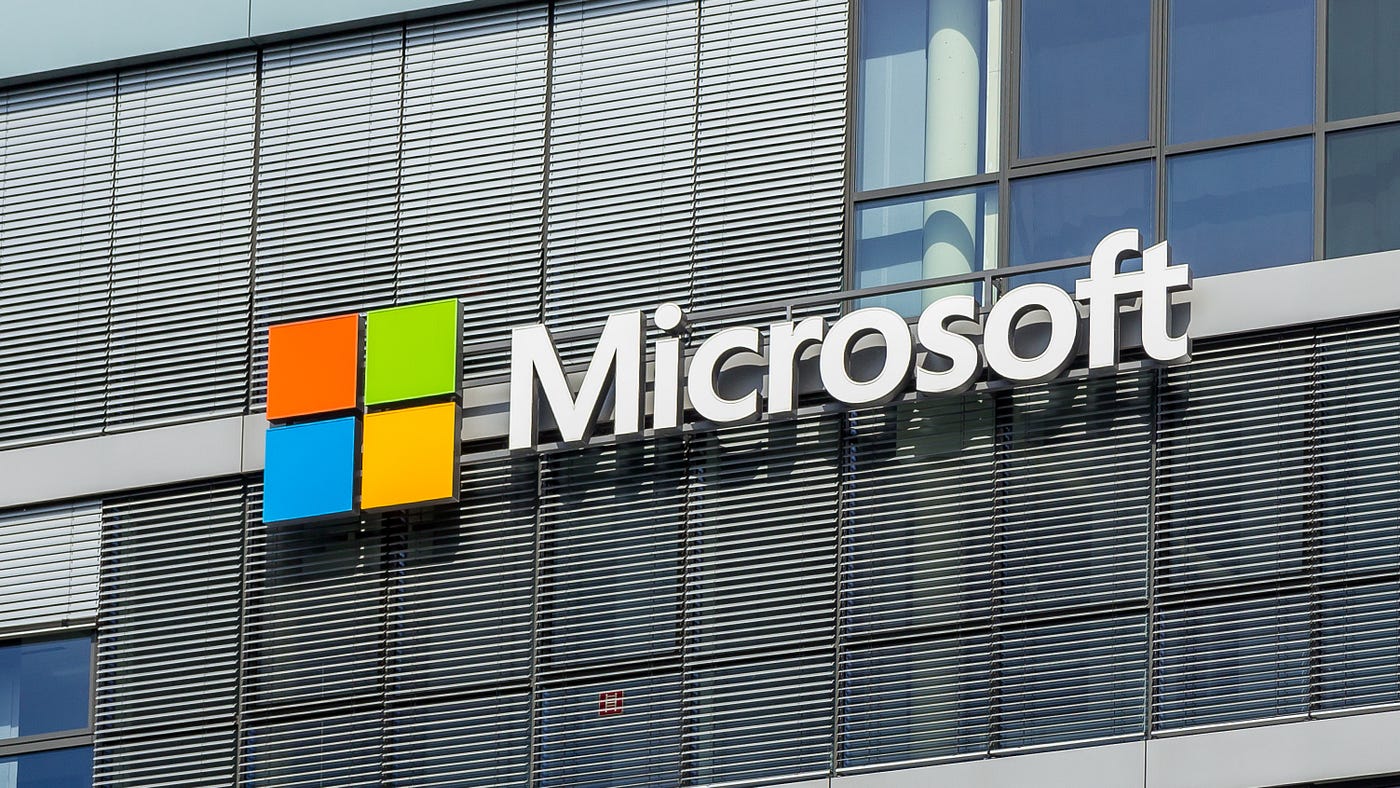In response to the ongoing AI chip shortage, Microsoft has unveiled a groundbreaking initiative aimed at supporting select startups with free access to high-end “supercomputing” resources from its Azure cloud platform for developing advanced AI models. This initiative is part of the updated Microsoft for Startups Founders Hub program.
Microsoft’s latest offering includes a cost-free Azure AI infrastructure option, providing access to Nvidia-based GPU virtual machine clusters designed for training and running generative models, such as large language models similar to ChatGPT. Y Combinator, a prominent startup accelerator, and its community of founders will be the first beneficiaries of this initiative during the private preview phase.
Annie Pearl, VP of Growth and Ecosystems at Microsoft, emphasized Y Combinator’s suitability as the initial partner due to its extensive experience working with startups in their early stages. She stated, “We’re working closely with Y Combinator to prioritize the asks from their current cohort, and then alumni, as part of our initial preview. The focus will be on tasks like training and fine-tuning use cases that unblock innovation.”
This move is not the first time Microsoft has collaborated with Y Combinator. In 2015, the company provided $500,000 in Azure credits to YC’s Winter 2015 batch, aiming to attract startups away from competing cloud platforms. The provision of GPU clusters for AI training and inferencing can be seen as a continuation of this strategy.
Microsoft openly acknowledges its preference for startups building on the Azure platform, asserting that it offers the best environment for constructing AI solutions. The Azure-based startups are the primary focus of this initiative, reflecting Microsoft’s vision to establish itself as the top cloud platform for AI solutions.
One significant difference this time is that it won’t be limited to Y Combinator startups. Microsoft plans to work with its venture fund, M12, and the startups in its M12 portfolio to expand access to these GPU clusters. Additionally, Microsoft intends to partner with other startup investors and accelerators in the future, with the goal of reducing the barriers to AI model training and deployment for promising startups.
However, it’s important to note that Microsoft is not running a charity. Startups won’t have indefinite free access to the AI model clusters. Access will be time-bound, aimed at helping startups test and trial their operations rather than running them.
Microsoft positions this offering as unique in the AI ecosystem, targeting early-stage startups and granting them access to Azure credits for running AI workloads. This effectively provides free GPUs to early-stage startups, allowing them to train AI models and contribute to the next wave of AI innovation.
While Amazon Web Services (AWS) and Google Cloud also have startup programs and accelerators for early-stage AI-focused companies, Microsoft’s approach, coupled with its partnerships with investors and their networks, could offer a distinct advantage in this competitive landscape.

